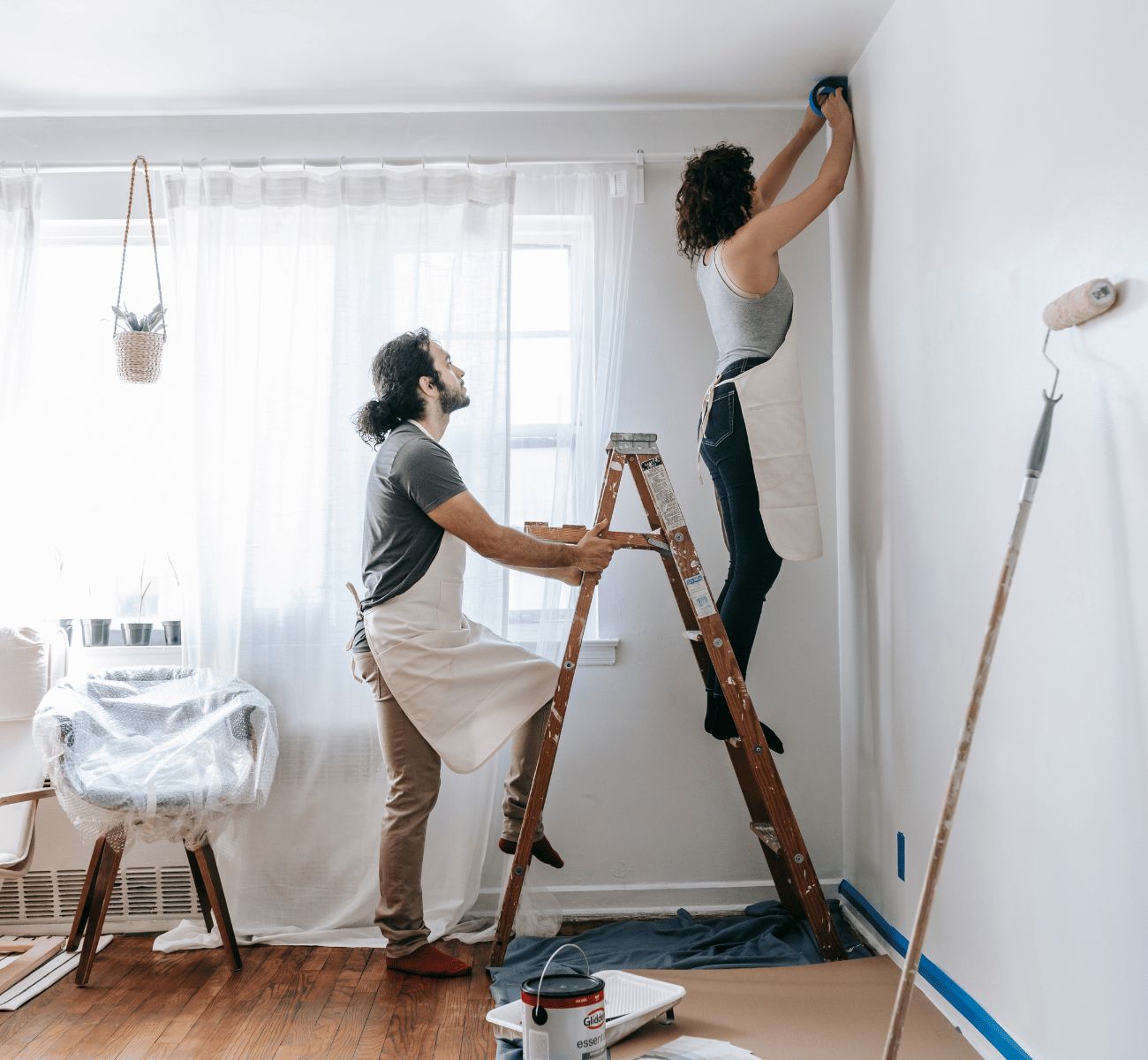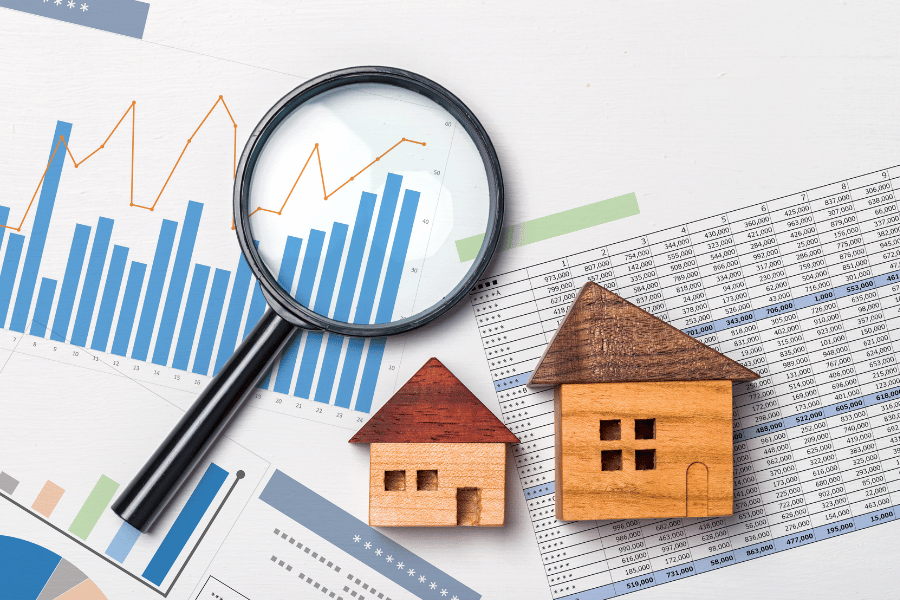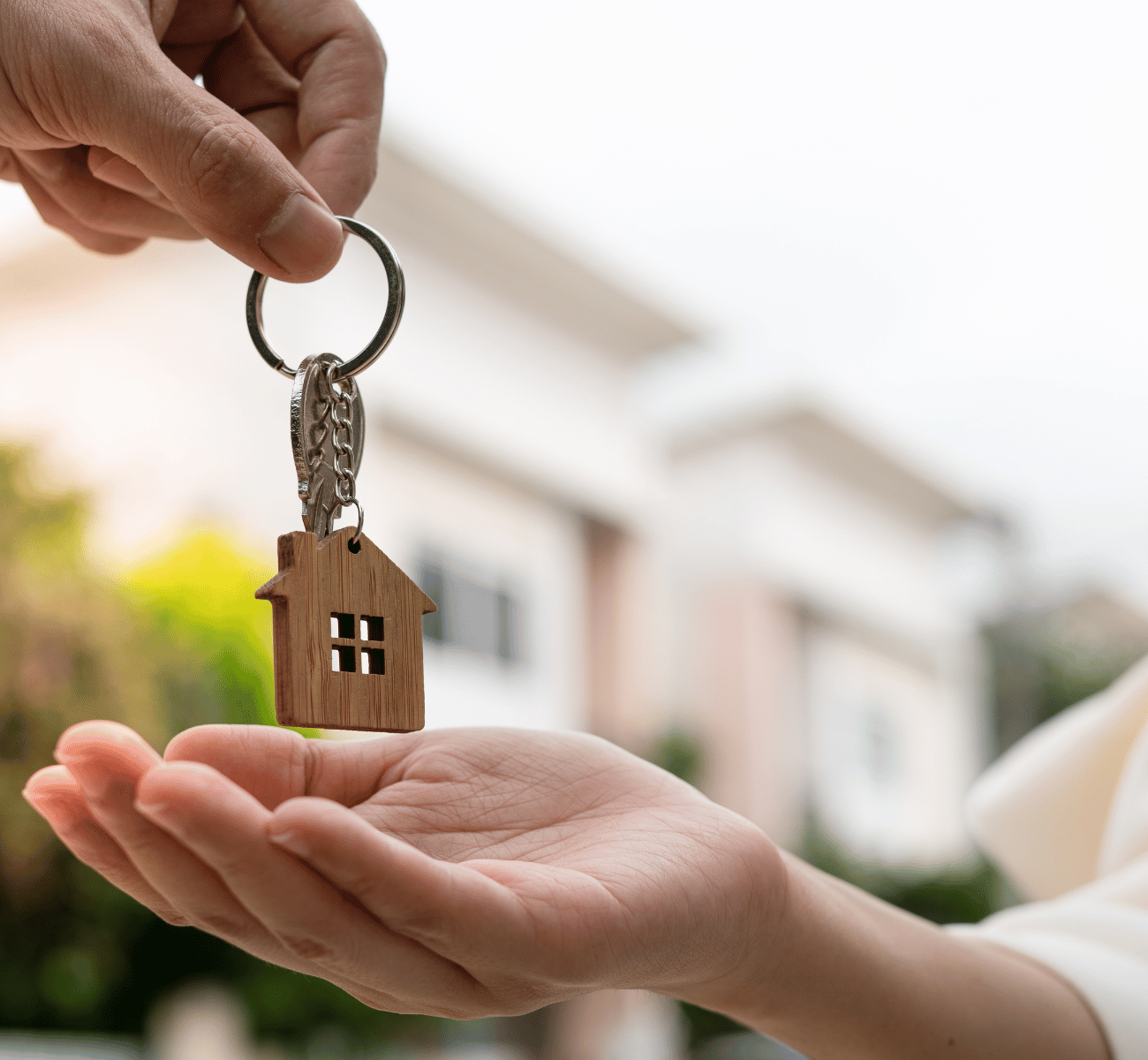The Ultimate Guide To Homeowners Insurance: Understanding The Basics
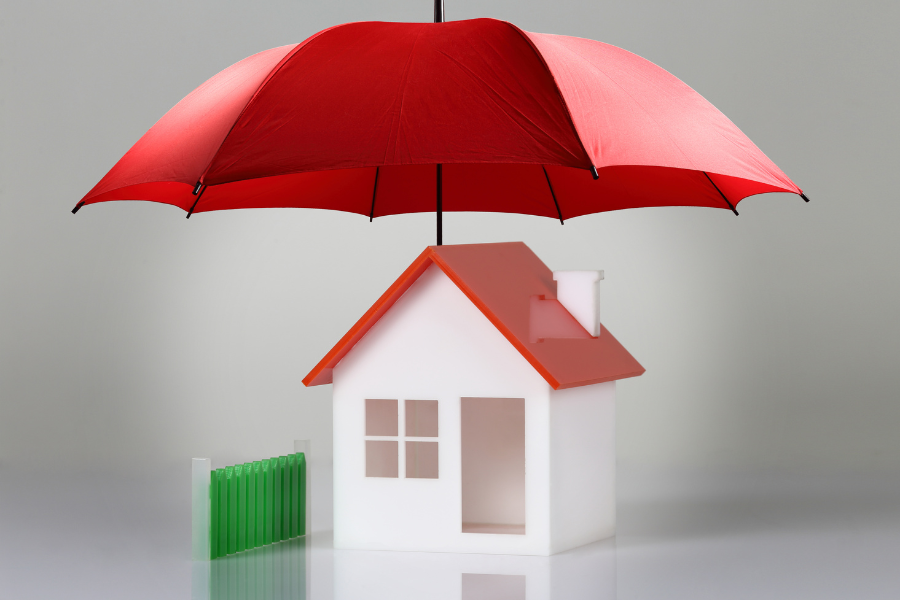
Homeowners Insurance Guide
Are you looking to understand the basics of homeowners insurance? Here is what you need to know about homeowners insurance.
Homeowners Insurance is a must when purchasing a home. Unexpected circumstances often arise during home ownership, and it is important to understand your coverage type. Whether you are beginning your home search or you already own a house, this guide will help you know the most critical elements of homeowners insurance.
Understanding the significant components of homeowners insurance and what to look for can help you determine what type of coverage you want or need. In this article, we will break down the different elements of homeowners insurance to help you understand what is most important when shopping for homeowners insurance and what you should look for.
Here is what you need to know about homeowners insurance
Chapters
1. Liability Protection
Most typical insurance policies will have liability coverage. It's essential to have this type of coverage when someone comes to visit your property in the event of an accident. Some examples of this could be your neighbor stopping by to drop off some cookies, and they fall on a broken porch step.
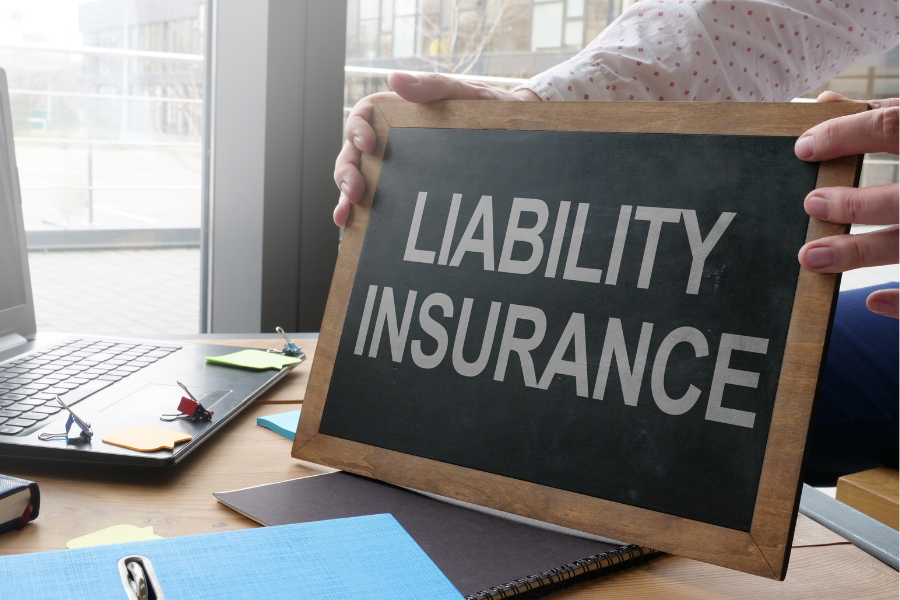
Having liability protection will cover any potential legal expenses for you or medical costs that your neighbor could face if you are found to be at fault.
Many families with young children will have family and friends in and out of their house—it will be essential to have liability protection to protect yourself in case of an accident, emergency, or catastrophe in which you could be found to be at fault.
2. Dwelling Coverage
Dwelling coverage is precisely what it sounds like. It will cover what is within your home, including its structure, built-in appliances, and wall-to-wall carpeting if damaged. Dwelling coverage is part of your homeowner's insurance that may help pay for repairing or rebuilding your home if a covered hazard physically damages it.
In addition, your dwelling is not just the structure of your home but can also cover any attached structures. This means it could cover damage caused by a hazard to your garage, attached deck, or screened patio.
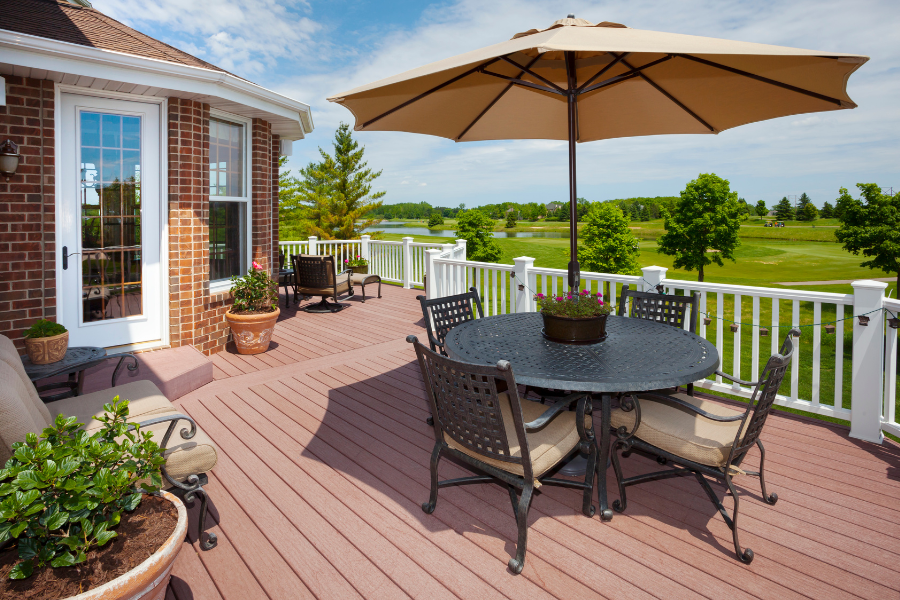
According to the Insurance Information Institute, there is a list of potential hazards that most homeowners insurance policies should cover if your home faces damages due to the following events. Please remember that these hazards could vary from state to state or from one region of the country to the other.
Some of the hazards include and are not limited to the following:
- Hail
- Fire/Smoke
- Wind Storms
- Lightening Strike
- Explosion
- Theft
- Vandalism
- Damage caused by the weight of snow, ice, or sleet
- Falling objects
- Damage from an aircraft
- Damage from a motor vehicle
3. Other Structures
Other structure coverage may apply to parts of your home that are not attached to the house. So, it would be best to consider fencing around your yard, or you may have a detached garage. Suppose a tree were to fall on your detached garage and do damage. In that case, most homeowners insurance policies with other structure coverage will cover repairing or rebuilding the detached garage if a tree falls on it.
Items that typically fall under other structures include an in-ground pool, a gazebo, or even a detached tool shed on your property. It's important to review your coverage to understand what would be covered on your property if a hazard makes its way onto your property. The contents within these other structures will not be covered. We will get to this portion later in this article under personal property.
4. Loss of Use Coverage or Additional Living Expenses (ALE)
Additional Living Expenses, or ALE, are a standard portion of most homeowners insurance policies. They are meant to cover new expenses you may have to cover while not living in your home. This coverage will assist you with additional living expenses should your property experience damage that prohibits you from being able to live in the house functionally.
When you start thinking about what it might be like to be displaced from your home, expenses you usually wouldn't have to account for will pile up. Examples include meals, housing, hotel bills, and storage. Other things that could be covered might be pet boarding, replacement clothing, restaurant meals, and furniture rental.
If you are displaced from your home, you must keep receipts for these examples and submit them to your homeowner's insurance company for reimbursement. Your policy may contain exclusions regarding Loss of Use, so read the language carefully to ensure these items are acceptable.
5. Personal Property
Personal property coverage protects the items in your home that you and your family members own. This is usually an established amount agreed upon when you acquire your homeowner's insurance policy, and it's agreed upon between you and your homeowner's insurance company. This might be a good time to review this portion of your policy to ensure you have enough coverage in case of peril.
Some items could be excluded based on the nature of the loss. These include, but are not limited to, jewelry, fur coats, collectible coins or currency, cash, securities, manuscripts, or stamp collections.

Depending on the contents of your home, you may want to add a rider or additional coverage to cover some of the items excluded from your policy.
6. Medical
Medical coverage in your homeowner's insurance policy differs from Liability Protection. This would be most helpful when someone visits your home; for example, let's say it's your neighbor's child. The child accidentally hurts or injures themselves while on your property.
Medical payment coverage will not apply to you or the other members who reside in your home. The medical payments would go toward any medical cost for necessary medical expenses that may occur at a top-rated hospital or medical center due to the injured party who was injured while visiting your home. This will not replace medical insurance, but it would help supplement any medical expenses that weren't covered in the event of an injury.
Be sure to read the language in your policy, as there are often exclusions and exceptions to your particular policy and the terms you agreed to when you signed up for it.
7. Actual Cash Value
A homeowners insurance policy with actual cash value typically reimburses you for a particular item or item's depreciated value. The amount you would receive from the insurer would be less than what it would cost to replace the item entirely, but it would help pay for the necessary repairs or act as a credit to replace the item when required.

It certainly would be more financially beneficial to receive the total amount to replace the item. However, having cash value written into your policy will allow you to replace the item without paying the total amount. This is determined by taking your personal belongings and finding the cost to replace them, calculating the complete replacement, and reducing the amount by depreciation due to age or wear and tear.
8. Deductible
A homeowners insurance deductible is the amount you agree to pay as the policyholder. It is a fixed amount of money you would pay out of pocket for damages to your home before your homeowner's insurance company agrees to pay the rest.
Typically, the higher you set your deductible with your homeowner's insurance company, the less your insurance premium will be. Some homeowners pay for their premium through their mortgage payment through an escrow account, while others pay for it monthly outside of their mortgage payments. However you pay your premium amount, you will want to examine the structure of your premium and be sure that your deductible is set to an amount attainable for you in the event of a hazard or peril.
You should ask yourself—would this deductible be financially devastating if I needed to pay it unexpectedly? Most of the time, when we need to utilize our homeowner's insurance, it comes at an unexpected time, so now would be an excellent time to evaluate your policy to make sure that your deductible is not set to an amount that is too high for you and your family's needs.
9. Home Insurance Discounts
Home insurance discounts can drastically reduce the amount you must pay for your annual home insurance premium. This could be a great way to reduce your home ownership costs.
According to Forbes, the average annual insurance cost to cover $350,000 worth of dwelling coverage is $1,678.
How can I get a home insurance discount? You may receive your homeowner's insurance discount when you acquire your policy or get your discount later. If you still need to attempt to find a homeowners insurance discount, there is still time.
You'll want to discuss this with your homeowners insurance policyholder to determine what you might qualify for. Things like having a security system will bring your premium amounts down. If your insurance company is unaware that you have installed a security system, they may not know you are eligible for this benefit.
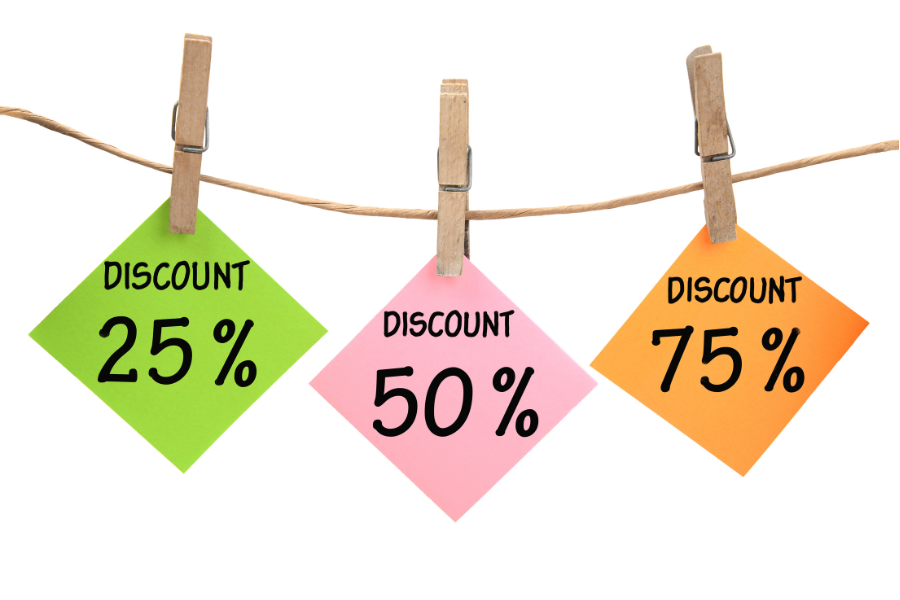
Once you have asked your insurance company about possible discounts, consider shopping around for and getting quotes from other insurance companies to see what they could offer you.
Other factors which could impact your eligibility for a discount based on your home and the area you live in could include:
- New or renovated home
- Disaster preparedness (storm shutters or shatterproof glass)
- Safety and security discounts
- Proximity to a fire hydrant or fire department
- Roof age
Many variables could impact whether you are eligible for a home insurance discount. So, you should contact your insurance company and shop rates to see where you could save money on your premium.
10. Optional Coverage
There are many other riders that you can add to your existing homeowner's insurance policy to help give you peace of mind. Some options might include:
- Guaranteed Replacement Cost
- Inflation Guard Endorsement
- Refrigerated Property Coverage
- "Scheduled Personal Property" or "Personal Article Floater"
- Water Backup and Sump Overflow Endorsement
*Data Sourced From the North Carolina Department of Insurance.
Methodology
We used data from local sources, such as the North Carolina Department of Insurance, Forbes, and the Insurance Information Institute, to determine the best guide to homeowners insurance and understand the basics.
FAQs
What is the 80% rule in homeowners insurance?
This rule suggests that you insure at least 80% of its total replacement cost as a guideline to avoid penalties and additional expenses should an issue arise. Your insurance agent can help you determine how to get 80% coverage by asking qualifying questions.
What is the most essential thing in homeowners insurance?
You will need enough homeowners insurance to cover the cost of rebuilding your home if it is destroyed. It would be best to discuss your coverage options with your insurance agent. The above 80% rule is essential when determining how much coverage you should obtain.
What are the three main types of homeowners insurance?
The three main types of homeowners insurance are actual cash value, replacement cost, and extended replacement cost.
How do you understand property insurance?
Property insurance provides financial compensation to an owner or renter in cases of damage or theft. It covers the entire property, regardless of who lives there.
Guide to Homeowners Insurance - Finals Thoughts
Determining the best homeowner's insurance policy for you and your family's needs involves many factors. As you can see, there are many choices to make, and each company will offer different rates, each with its own set of benefits and drawbacks.
Suppose you are in the market to acquire homeowners insurance or just trying to understand your policy and evaluate your current coverage. In that case, this article has broken down the main components of homeowners insurance and guided you through the process of obtaining it.
Owning a home is a serious financial commitment, and we want to ensure you know how to protect your most significant asset. If you're considering buying or selling your house or want guidance on what type of home you wish to purchase, contact our agents at Raleigh Realty. We are here to help in any way we can.

Ryan Fitzgerald
Hi there! Nice to 'meet' you and thanks for visiting our Raleigh Real Estate Blog! My name is Ryan Fitzgerald, and I'm a REALTOR® in Raleigh-Durham, NC, the owner of Raleigh Realty. I work alongside some of the best Realtors in Raleigh. You can find more of my real estate content on Forbes, Wall Street Journal, U.S. News and more. Realtor Magazine named me a top 30 under 30 Realtor in the country (it was a long time ago haha). Any way, that's enough about me. I'd love to learn more about you if you'd like to connect with me on Facebook and Instagram or connect with our team at Raleigh Realty. Looking forward to connecting!
Related Blogs
